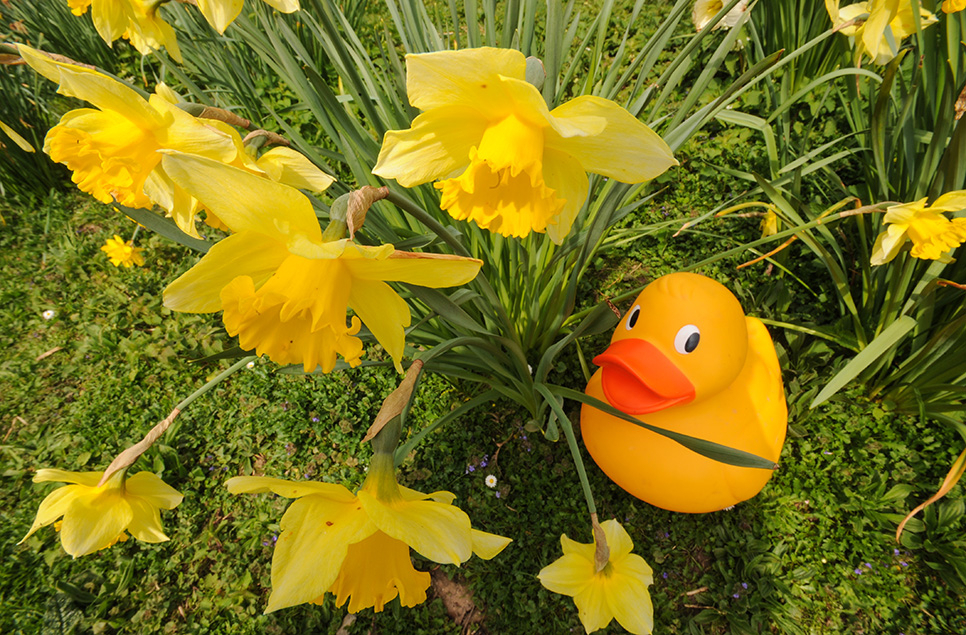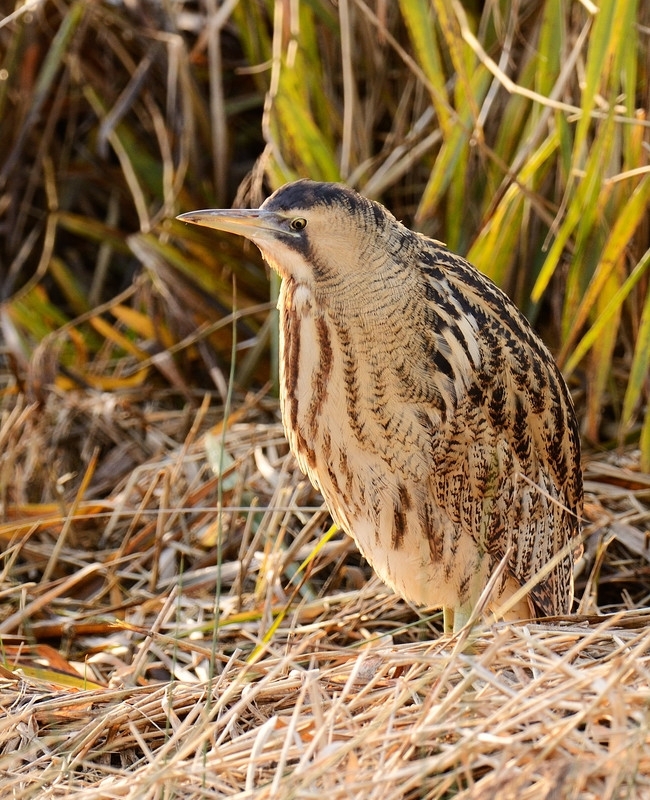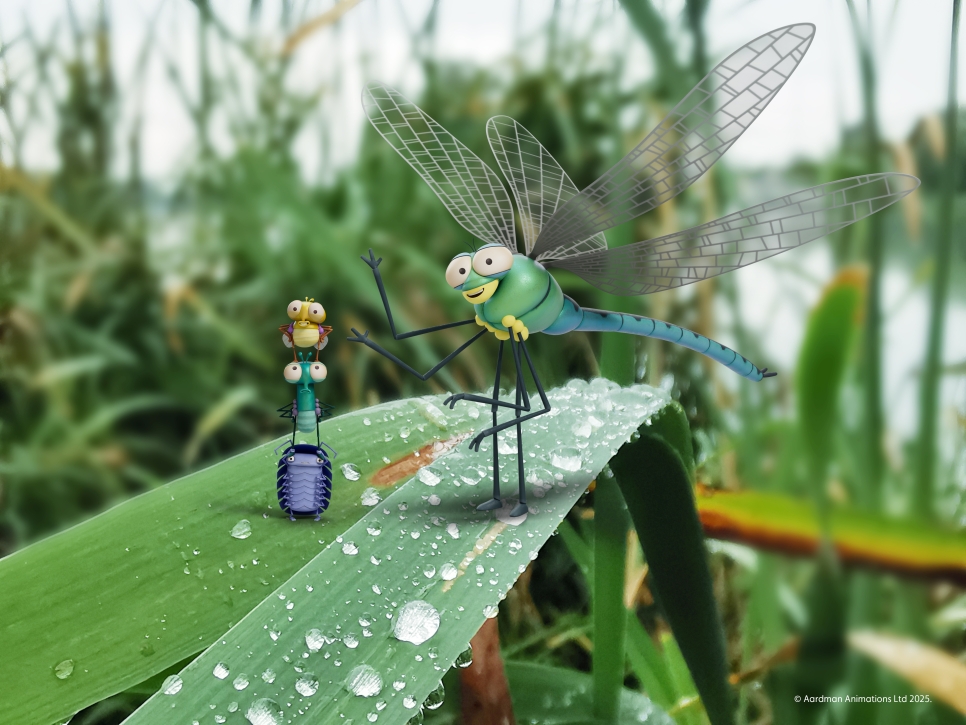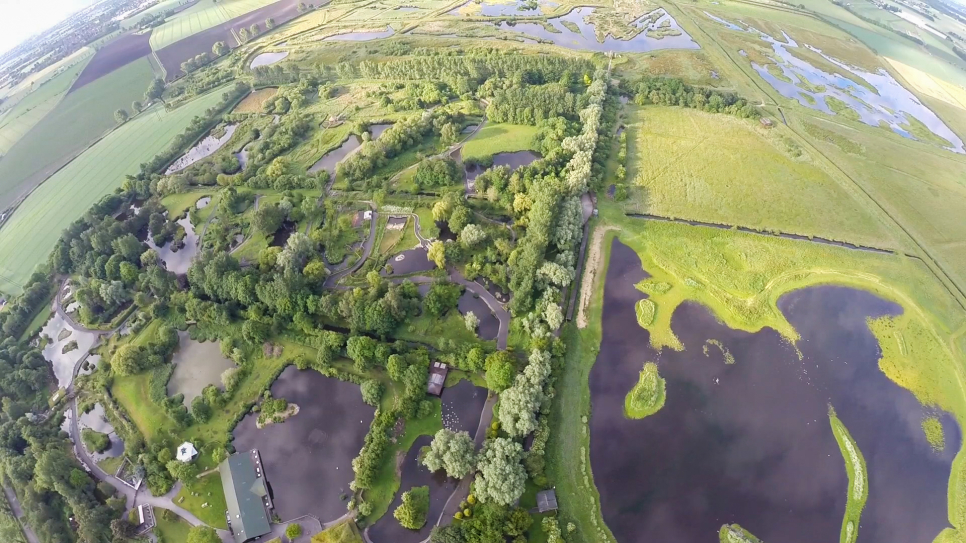Avocets return to Martin Mere
One of our favourite birds of the summer has just arrived back at WWT Martin Mere Wetland Centre, the beautiful avocet.
One of our favourite birds of the summer has just arrived back at WWT Martin Mere Wetland Centre, the beautiful avocet. They are striking black and white with a long black up-curved bill that they sway from left to right through the water filtering food such as aquatic insects and small fish.
The avocets have started to arrive on the Mere as they spend the winter on the east coast. This year our first avocets arrived on the 9th of January, the earliest reserve record.
The avocets like to breed on Woodend marsh and the islands on the mere so it’s more difficult for a fox to get to their nests as they are protected by a ring of water. For further protection, we have installed a predator fence around Woodend marsh this year to protect the avocets when they are breeding. Hopefully, this will lead to lots of fluffy chicks in June and July.
Avocets create a scrape and lay their eggs straight onto the gravel and the eggs are really well disguised. They normally have four eggs but we always have one pair that has five. Both parents incubate the eggs and look after the chicks. Over the summer we will have up to 51 pairs nesting on the reserve and you will be able to see the chicks from the hides overlooking the mere.
Their mating behaviour is very elegant – beginning with vigorous preening before the female stops still and the male quickly moves from side to side behind the female, dipping his bill in the water. After copulation, they run forward together with bills crossed, the male with one wing over the female’s back. Finally, they run away from each other in a hunched posture.
The name ‘avocet’ has its origins in the Italian word, ‘avosetta’. The word refers to long-legged birds of the shore with an upturned bill.
Within Martin Mere’s collection of birds, we also have a group of avocets in the WOW aviary that you can see all year round with the opportunities to get photographs up close of the birds.
For the latest wildlife sightings please visit our sightings page.



